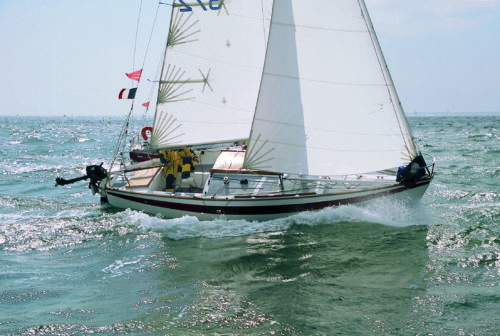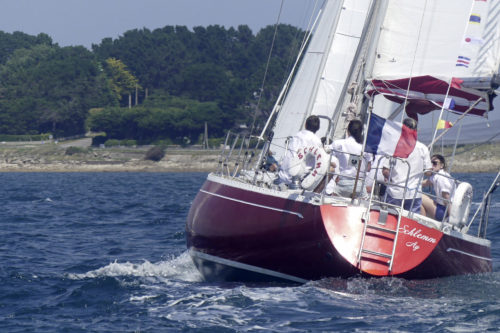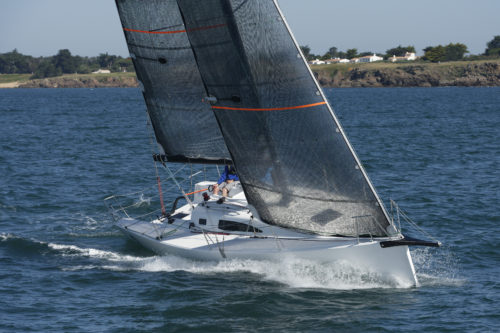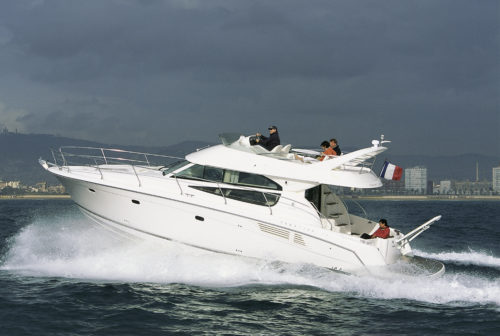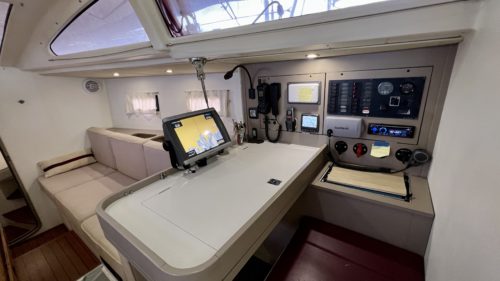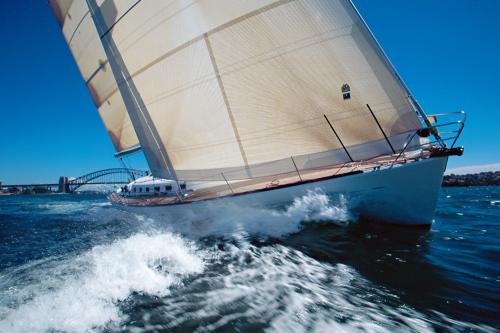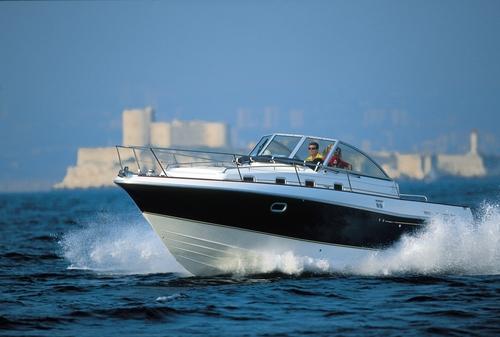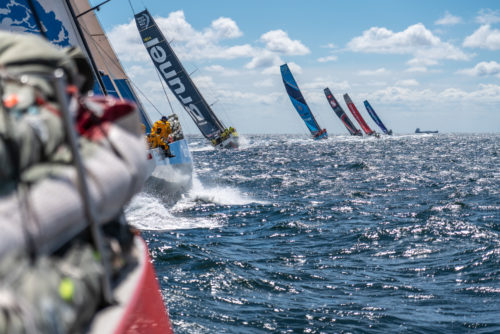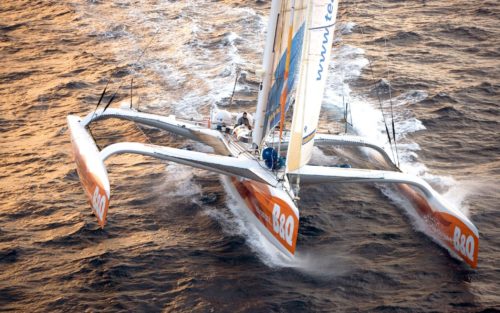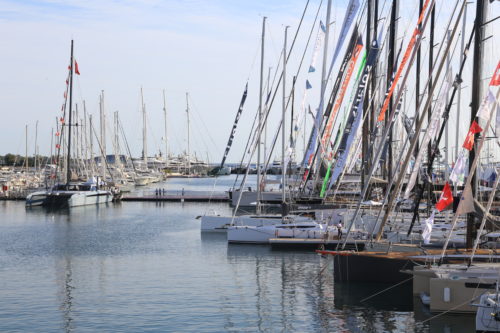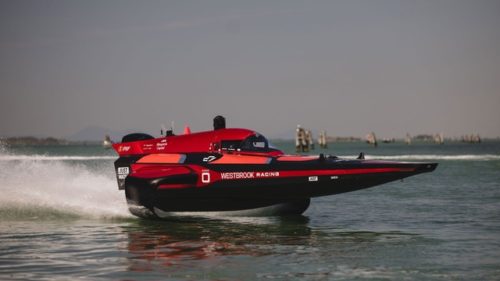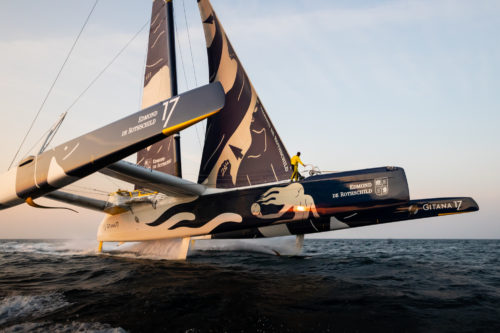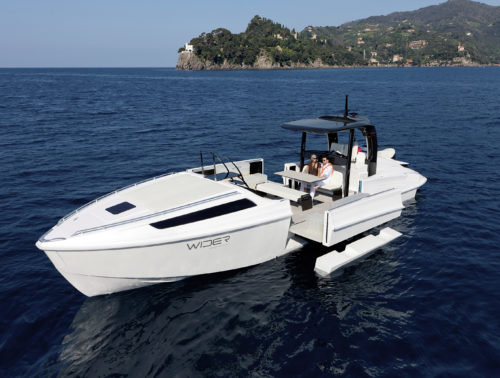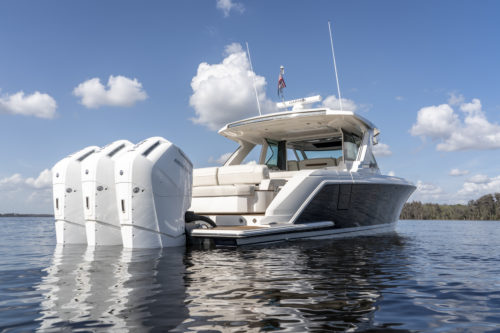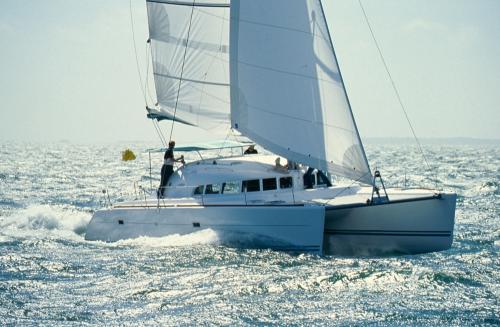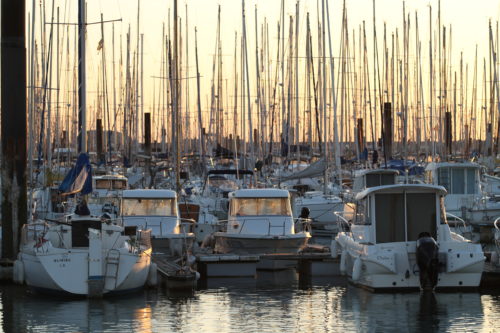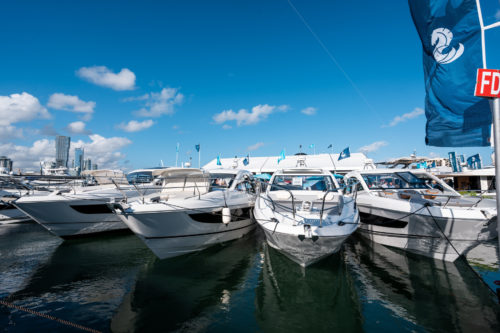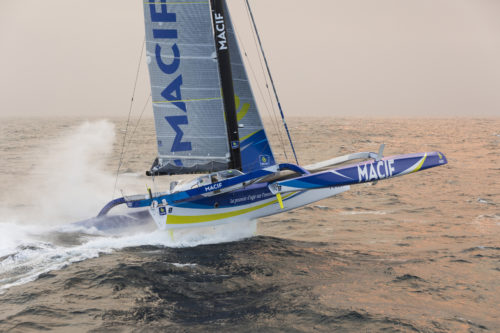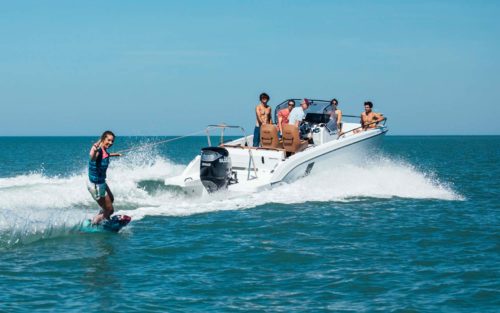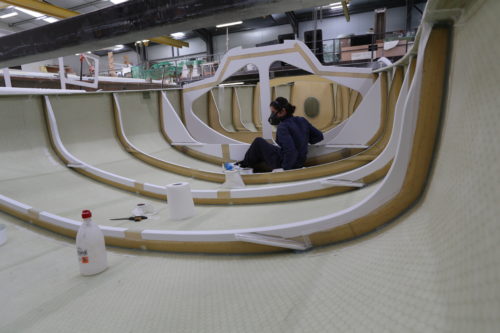Landscape reshaped by the effects of the crisis
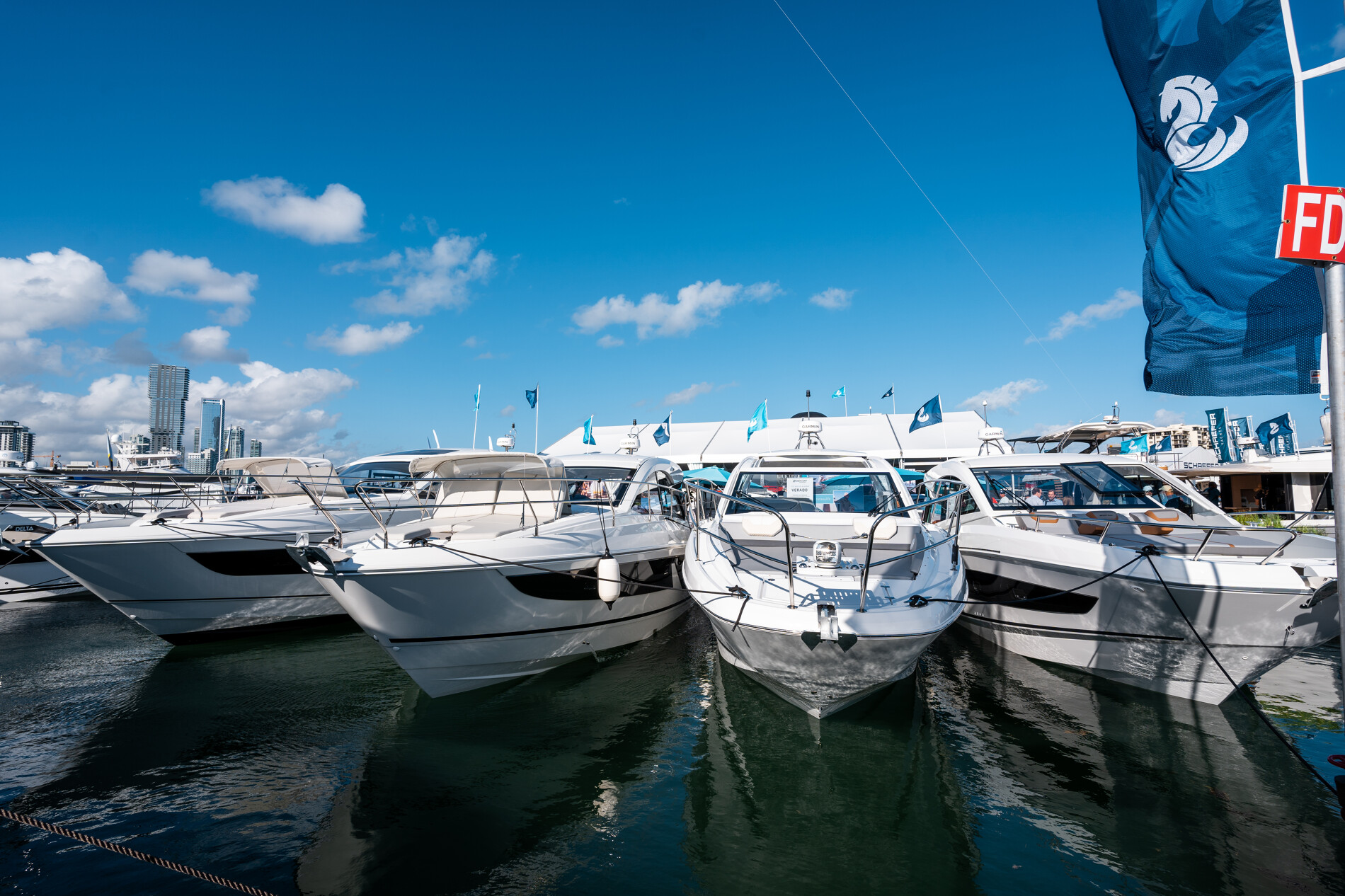
Faced with the sharp drop in its revenues towards the end of the 2000s, France’s market leader managed to act swiftly and effectively, thanks to its quick decision-making and sound cash position. The Bénéteau Group focused its efforts on supporting its sales network to help clear their stock, while accelerating the release of new models to boost its sales. This strategy proved successful on the Group’s core markets, as it also set its sights on external growth, looking to capitalize on opportunities to acquire yards that had been weakened by the crisis in other countries.
Nevertheless, the overall situation in France was still very worrying, with a continued decline in motorboat revenues throughout the early part of the decade from 2010 to 2020. Elsewhere in the world, the quicker economic recovery helped France’s best-established brands to hold their ground, even as French buyers continued to adopt a cautious stance, delaying their decisions to make new purchases. In hindsight, a combination of several adverse factors could explain the French market’s prolonged stagnation, with studies by specialist consultancies highlighting the concerns of potential clients faced with the economic outlook, as well as the challenges involved with finding marina berths in coastal areas. Once again turning the spotlight on the issue of inadequate infrastructure.
Attracting new clients
These same studies also identified other causes behind the difficulties facing the French market linked to the general economic environment and structural aspects, while the yards examined their options in response to falling margins. The aging of the population emerged as a key factor, particularly for smaller boats, from 5 to 8 meters, where replacement rates were in decline, while younger generations were prioritizing other commitments over buying and maintaining a boat. The preowned market reaped the benefits of this shift most, buoyed by the growing use of the internet, which opened up immediate access for users to an almost exhaustive range of listings across all categories. Rising boat prices also acted as a clear deterrent for new entrants, especially for units under 7 meters. At the other end of the product range, the trend moving towards larger hull sizes began to benefit the yards that offered increasingly high-end models to a more affluent and older segment of the population.
By steering their production upmarket throughout the decade from 2010 to 2020, the major French brands were naturally focused on increasing their revenues and margins, while showcasing their craftsmanship faced with competition from countries with lower labor costs such as Poland. German builders like Fjord and Bavaria adopted a similar approach, following in the wake of the Italians, who were still just as influential in terms of setting trends for motorboating. Motorboating is a low-volume industry, compared with the automotive sector for instance, with much of production still carried out by hand, and the push towards larger, more expensive models is unlikely to be reversed in the future. However, for this shift to be sustainable, it will require highly favorable economic conditions, both in France and for exports, to clear its production by attracting a new, younger clientele with strong purchasing power levels.
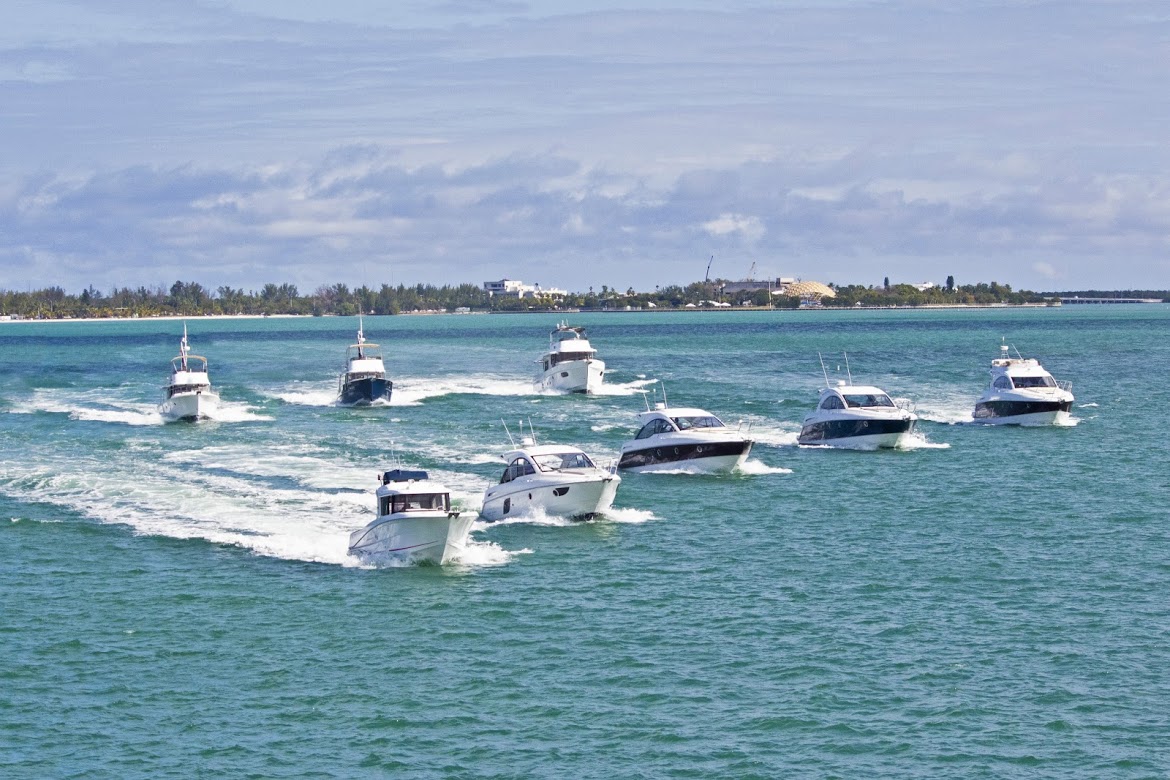
Bénéteau’s decisive breakthrough in the United States
While the situation in France remained problematic through to the mid-2010s, the United States, the world’s largest market, began showing strong signs of a recovery, generally heralding a return to milder economic weather around the world and in Europe in particular. From 2015, sales began to rise again in Germany, Scandinavia and Central Europe, although they remained sluggish in Southern European countries such as Spain, Italy and Greece, which had been more deeply affected by the financial crisis. One year earlier, in the first half of 2014, Bénéteau made a groundbreaking announcement with its acquisition of RecBoats, a major American motorboat manufacturer.
Already established in South Carolina with a sailboat production facility in Marion, the Vendée-based group, looking for external growth, chose to take on America’s vast motorboat market. In line with its strategy, an acquisition was seen as the quickest way for it to capitalize on the rebound in American sales. Through its takeover of RecBoats, the Group gained immediate access to a portfolio of long-established and highly popular brands, including Four Winns, Glastron, Wellcraft and Scarab. The Bénéteau Group quadrupled its sales network in the United States, opening up a major opportunity to expand its offering across the country, covering all of its various ranges. From 2017, following the adaptation of RecBoats’ industrial facilities to meet its own standards, Jeanneau’s NC 895 began rolling off the production line in Cadillac, Michigan. This achievement fulfilled a long-held dream of the French group’s founders to see one of its historic brands built in the country known as the birthplace of the motorboat industry, boosting both technical and commercial creativity. The Group now had its sights firmly set on the world number one, Brunswick.
While the French market’s growth was still fragile, development outside of France was confirmed as the most viable solution for ensuring the long-term sustainability of the various yards. As the decade from 2010 to 2020 drew to a close, in a sector where the products are not essential purchases, the persistent economic uncertainty remained the primary threat, but far from the only one…

















